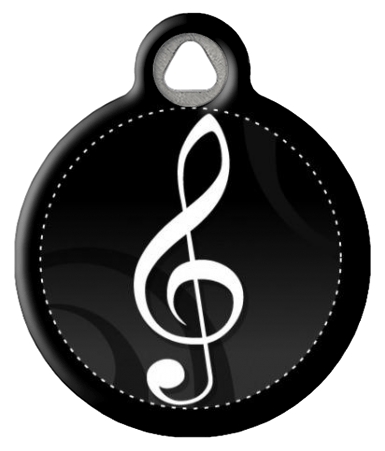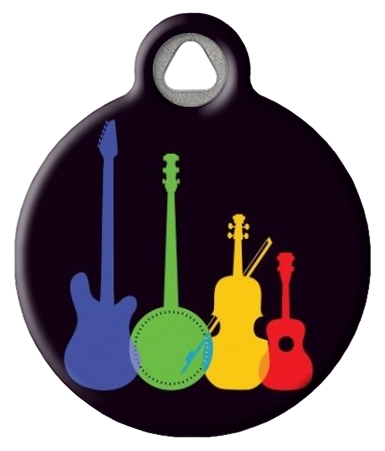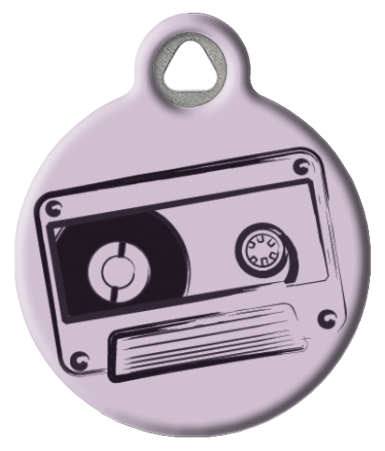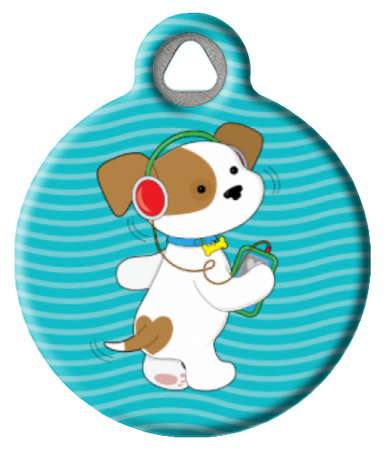Do dogs have a taste in music? Most people wouldn't think so, but have you ever heard a dog howl after hearing a certain instrument or song being played? Dogs definitely have a reaction to music and now science is digging a little deeper to find out what kind they prefer.
But before we get to the latest studies, consider a couple of real life experiences that prove that dogs have a very clear musical taste.
Dogs who Knew their Tunes

Dr. George Robinson Sinclair was an organist at Hereford Cathedral in London. He owned a Bulldog named Dan and was friends with the well-known composer, Sir Edward William Elgar. Elgar and Dan became friends too when Elgar noticed that Dan had an excellent sense of musical quality. During choir practices, Dan would growl at choir members who sang out of tune, which, embarassing as it was for the choristers, greatly endeared him to Sir Elgar.
But Sir Elgar wasn't the only composer to notice that dogs have quite the musical taste. Richard Wilhelm Wagner owned a Cavalier King Charles Spaniel named Peps. He provided Peps with a special stool in his study so he could help with composition. How so? As Wagner composed he would sing or play the piano, all the while keeping a sharp eye on Peps' reaction. Some tunes would give rise to an easy tail wag, while other tunes would evoke a more nervous or excited response. Based on his observations, Wagner devised the "musical motif," a motif that associates specific musical keys with particular moods or emotions in opera.
These are just two of many reports that led scientists to search for further answers. Can we pinpoint what genre of music dogs like? Or at least certain keys or tempos? One study says we can.
The Music Dogs Like

At Queens University in Belfast, psychologist Deborah Wells conducted a study that confirms that dogs do have musical preferences and that different kinds of music provoke different reactions in them. During the course of the study, dogs were exposed to different types of music in an animal shelter. They listened to Britney Spears, Bob Marley, Robbie Williams, Metallica, and even some classical works, such as Beethoven's Ode to Joy, just to name a few of the tunes. As each song played, researchers documented the reactions of the canine study participants. They also threw in some recordings of human conversation and even some quiet time to make sure that the dogs were really responding to the musical aspects of the sounds. What did the results show?
It proved that dogs do respond to music and they do have a certain taste in music. For example, it turns out that dogs aren't big fans of heavy metal. When playing heavy metal songs, dogs became agitated and started barking up a storm. Pop music and human conversation didn't seem to have any noticeable effect on the dogs. Classical music, however, seemed to have a calming effect on the dogs - they barked less and seemed to spend more time lying down.

The only problem with this musical therapy is that it seemed to be rather short lived. After a few days, it seemed that even classical music had little to no effect on the dogs. That's when a team of researchers at the University of Glasgow stepped in to take the investigation a little further.
These researchers tested 38 dogs at an animal shelter by measuring behavior, heart rates, and stress hormone levels while playing different kinds of music (except for heavy metal). For six hours a day, the team played either classical music, soft rock, pop, reggae or Motown. The results were fascinating. When all the data was gathered, the study suggested that any kind of music seems to have a relaxing effect on the dogs. Dogs spent more time quietly standing or lying down when music was being played. There was no change in bark rate during the music, but dogs barked more immediately after the music was turned off - so maybe they wanted more. In addition, the dogs' heart rates indicated that soft rock and reggae were the most effective genres of music when it comes to reducing stress.

Professor Neil Evans noticed that each dog responded a little differently to the different types of music, which led him to say that, "Overall, the response to different genres was mixed highlighting the possibility that like humans, our canine friends have their own individual music preferences. That being said, reggae music and soft rock showed the highest positive changes in behavior."
These studies have been so promising that many shelters are installing music systems with the idea that rotating favorable kinds of music will have a calming effects on the shelter animals and contribute to an overall more pleasant shelter experience for visitors.
Pretty interesting, right? Armed with these scientific studies on soothing music for dogs, it is up to you to find out if your dog prefers reggae or classical music. With any luck, your musical tastes will match!








